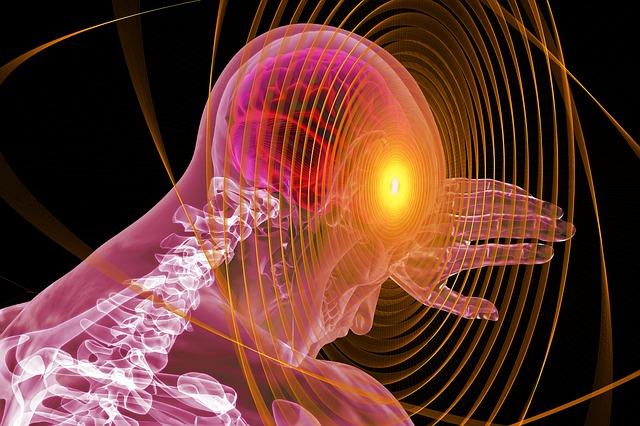Researchers at Tel Aviv University have discovered an RNA-based mechanism that translates how knowledge acquired during a lifetime could be passed on to future generations [read about Neuroscience, Epigenetics, And The New Social Biology to better understand how this can happen].
While the current research was focused only on worms, scientists say that this result is groundbreaking as it directly contradicts the Weismann Barrier which states that hereditary information moves only in one direction – from germline cells (egg and sperm) to somatic cells.
Implications for AI
What other concepts in biology are already obsolete? Why are ideas like the Weismann Barrier continue to be taught when they have already been proven to be false? Will the results of this study be applicable to mammals, and humans?
Read Original Article
Read Online
Click the button below if you wish to read the article on the website where it was originally published.
Read Offline
Click button below if you wish to read the original article offline.
You may also like
-
Consciousness Is Not In The Brain: What The Science Shows
-
Study shows highly creative people have “unique brain connectivity”
-
Breakthrough study shows defining traits are forged the moment we’re born
-
Study finds a single neuron is a complex system
-
Study Shows The Heart & Brain Responding To Future Events Before They Happen
